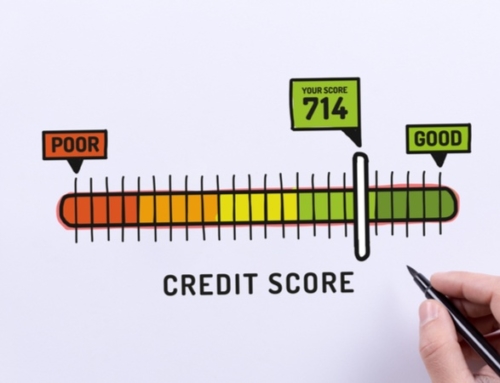The economy is percolating, but there’s other good financial news out there that could make a big difference in your pocketbook next year.
A few financial gifts have already been placed under the tree this holiday season. To start off, a new report indicates that the average American’s credit card debt has dropped almost 30 percent compared to last year.
In 2002, the average credit card debt the typical American family carried was just about $3,200. This year, that debt has dropped to just under $2,300 according to www.myvesta.org’s annual credit card survey. If you divide it up by sex, men carry more than $2,800 in credit card debt while women carry around $1,700 in debt. If you look at the debt by age, it’s like a bell curve: 18-24 year olds have $1,208 in debt, 25-34 year olds have $2,200 in debt. The 35-44 year olds have the most debt, more than $3,800, after which the amount of debt starts to drop. The 44-54 year olds have just $2,600 in debt and the 55 and over crowd have $1,600 in debt or less.
How are consumers paying off their debt? Through less expensive and tax-deductible home equity loans and lines of credit and by using some of the cash from tax refunds.
Here’s another present for those of you hoping to buy a home or refinance next year. The new 2004 loan purchase limits have announced.
You’ll now be able to borrow up to $333,700 and still be considered a conventional loan. That amount is up 3.4 percent over the 2002 loan limit and is based on changes in the average home price October to October. If you have good credit, being able to qualify for conventional financing means you’re eligible for the least expensive loans in terms of interest rate and points and the Federal Housing Board estimates you’ll save $38,700 in interest over conventional loan versus a jumbo mortgage.
Finally, for those of you who live in fear of receiving a letter from the IRS, help is on the way. Next year, tax professionals will be able to go online and get the information needed to resolve the vast majority of tax return errors or problems.
The IRS is currently testing a system it calls electronic account resolution and it anticipates being able to provide a much faster resolution to most problems. That will make dealing with the IRS much less expensive for taxpayers because their tax professional can access their IRS account within minutes. It will also make it much cheaper for the IRS to deal with income tax returns that get flagged.
Looking ahead, the IRS will again do a big push to get more American’s to file electronically and those taxpayers who do file electronically will be able to track their refunds over the internet.
Dec. 9, 2003.






Leave A Comment